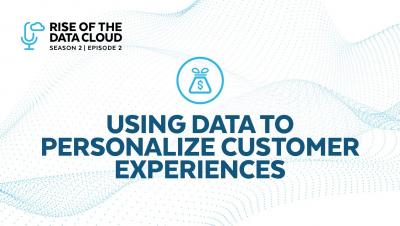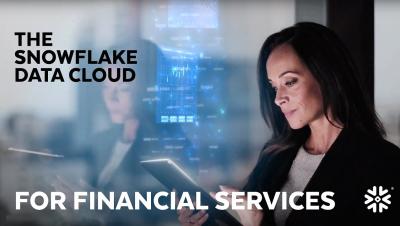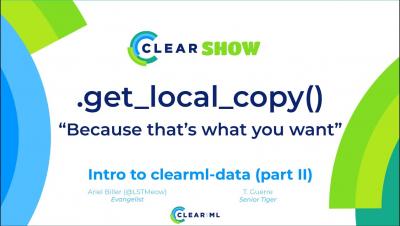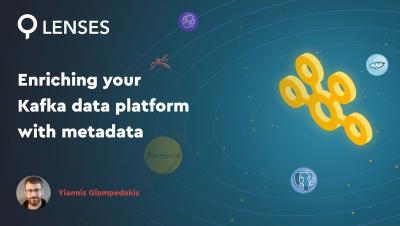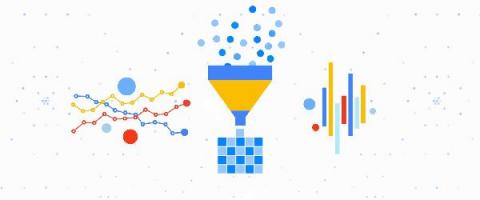Achieving Energy Efficiency With Data Efficiency: Vermont Gas + Data Governance Leaders
Vermont Gas (VGS) is a leader in energy efficiency and innovation, offering a clean, safe, affordable choice for over 53,000 homes, businesses, and institutions in northwest Vermont. They pride themselves on providing timely, comprehensive service for all their customers, ensuring they have heat, hot water, and energy to get through the cold New England winter.






